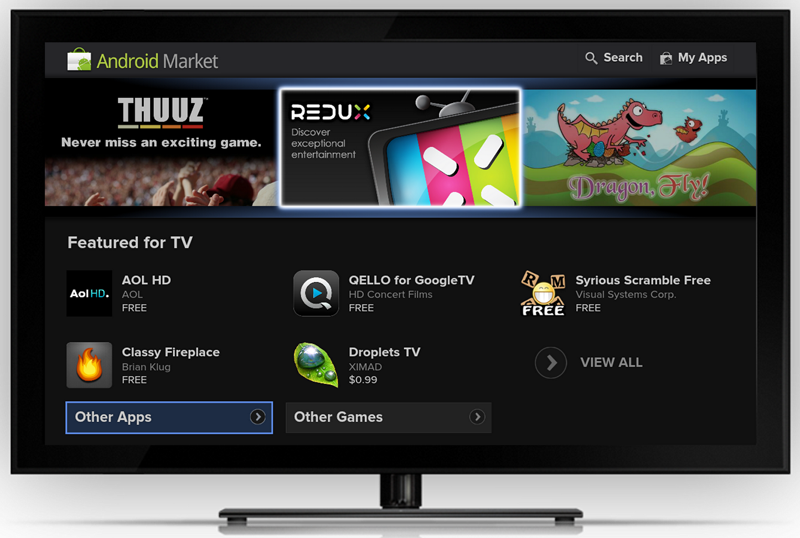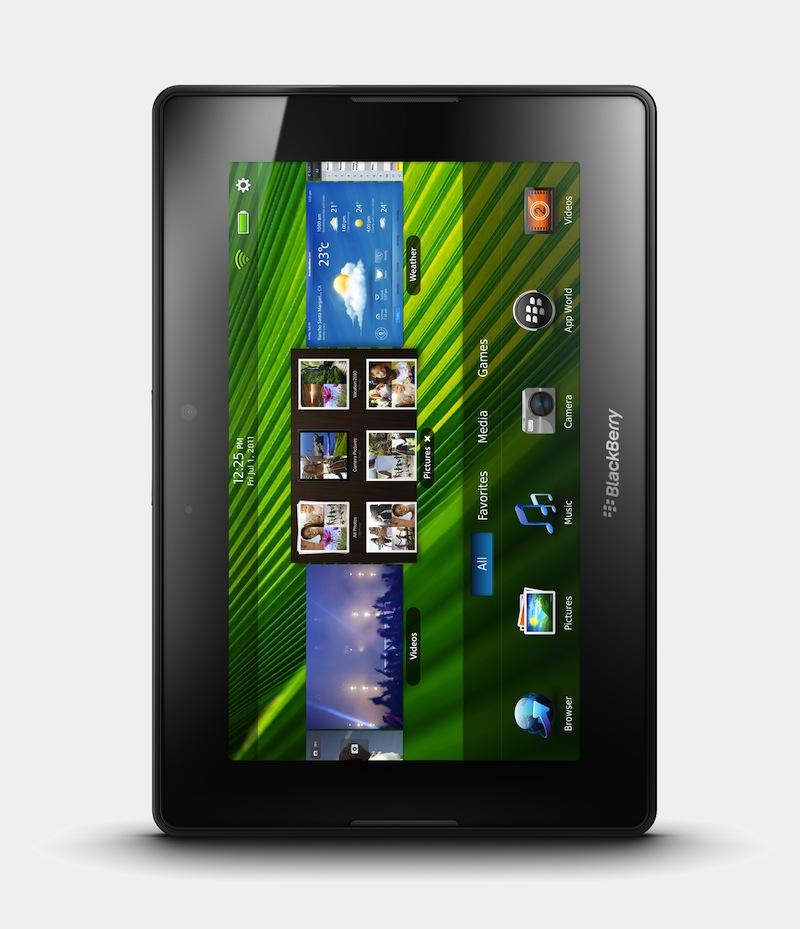Adobe Flash fallout extends to TVs, RIM perseveres with PlayBook
The San Jose, Calif., software maker confirmed on Wednesday that it was ceasing development of its Flash Player for mobile browsers to instead focus on HTML5 and its Adobe AIR application platform. A spokesperson for Adobe indicated to GigaOm that the company will also no longer develop Flash Player for consumer electronics devices.
“Adobe will continue to support existing licensees who are planning on supporting Flash Player for web browsing on digital home devices and are using the Flash Player Porting Kit to do so," the spokesperson said.
"However we believe the right approach to deliver content on televisions is through applications, not a web browsing experience, and we will continue to encourage the device and content publishing community down that path.â€
The news is a shift for Adobe, as the company had backed the Open Screen Project initiative to utilize Flash Player as part of a "consistent runtime environment" across desktops, mobile phones, televisions and other consumer electronics. TV makers, such as Samsung, had been slowly adding support for Flash to their connected TVs.
Google TV was also a primary partner in the effort to bring Flash Player into the living room. The Android maker is already working to improve its Google TV platform and reduce its reliance on Adobe Flash. Late last month, the company issued a major software update that brings more Android Market applications to Google TV in order to focus on native app-driven content.
PlayBook plays on
Research in Motion told AllThingsD in a statement that it would continue development of Adobe Flash Player for the BlackBerry PlayBook tablet in spite of Adobe's move away from it.
"As an Adobe source code licensee, we will continue to work on and release our own implementations. RIM remains committed to delivering an uncompromised Web browsing experience to our customers, including native support for Adobe Flash Player on our BlackBerry PlayBook tablet (similar to a desktop PC browser), as well as HTML5 support on both our BlackBerry smartphone and PlayBook browsers,†the company said, adding that it was "pleased" at Adobe's renewed focus on HTML5.
Adobe's abandonment of the mobile Flash Player could come as another nail in the coffin for the already struggling PlayBook. In September, RIM revealed that it had sold just 200,000 PlayBooks in the most recent quarter, less than two days' worth of Apple's iPad sales. Flash support has been touted by RIM as a significant advantage that the PlayBook had over Apple's iPad.
RIM is currently experiencing yet another service outage, though this one does not appear to be as widespread as a recent 4-day outage that sparked class action lawsuits. The BlackBerry platform also experienced another blow on Wednesday when rival Google announced plans to pull its native Gmail app from BlackBerry App World.
 Josh Ong
Josh Ong












 Andrew Orr
Andrew Orr
 Wesley Hilliard
Wesley Hilliard
 Amber Neely
Amber Neely

 William Gallagher
William Gallagher

 Malcolm Owen
Malcolm Owen








